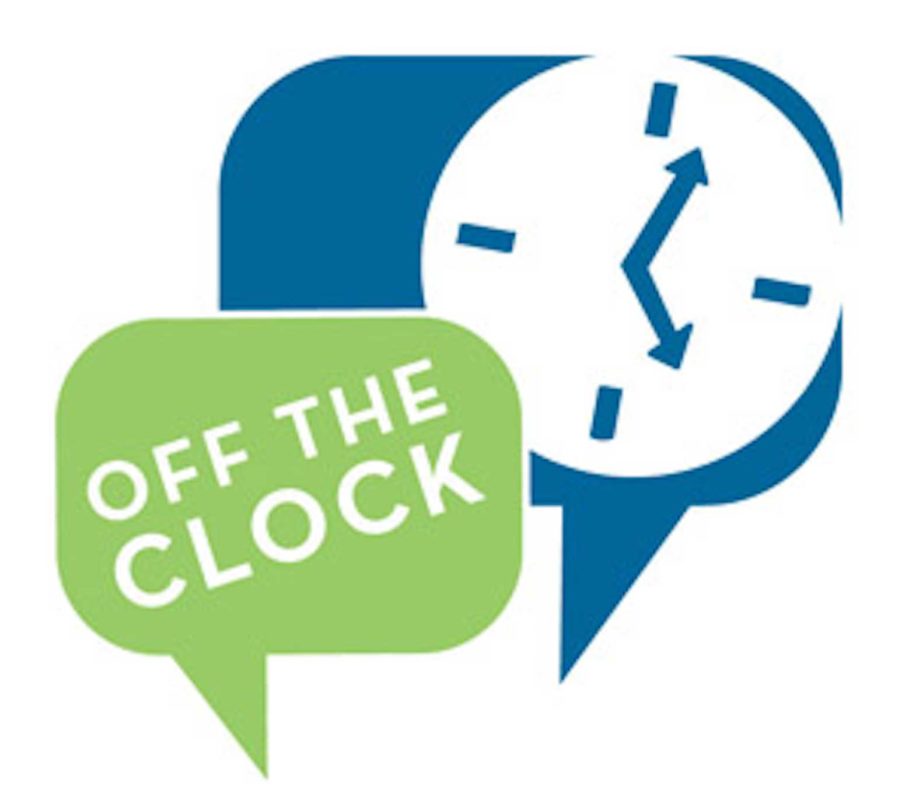
Q: I work as a nurse at a facility that has a strict policy of no unapproved overtime. We don’t often ask for approval since we risk being written up for “too much overtime.” We just clock out and go back to work to finish our charts. Do we have remedies?
A: Yes. You should be paid for the extra hours you worked even if they are “off the clock.” If these extra hours go beyond 8 hours per day, then you are entitled to the overtime rate of 1½ times your regular rate. Those who work beyond 12 hours per day are entitled to twice their regular rate.
(If you work in the health care industry, you are also likely working on alternative workweek schedules (AWS). If so, all work performed in any workday beyond the schedule established by the AWS agreement up to 12 hrs a day or beyond 40 hours per week shall be paid “time and a half.” All work performed beyond 12 hours per day shall be paid “double time.” Also paid double time are hours worked beyond eight (8) hours on those days worked outside the regularly scheduled number of workdays established by the AWS agreement.)
The above scenario is not uncommon in the healthcare industry. Consider the following case:
Robert Shaw worked as a travelling nurse for AMN Healthcare, which is a company that recruits and places nurses at healthcare facilities nationwide. One of its clients is Kaiser Foundation Hospitals in California. Shaw sued AMN and Kaiser in a class action on behalf of himself and other travelling nurses, claiming that they were not paid for all the time they worked before and after their scheduled shifts. These include time spent on patient hand-offs, charting, and other work-related activities.
Kaiser had a “strict policy against overtime” and overtime was not authorized, unless pre-approved with signatures of two different managers. Kaiser required its own nurses as well as the traveling nurses to perform the same patient care duties. However, Kaiser’s overtime policy for its own nurses permits them to work up to two hours of overtime each week without supervisor approval, while travel nurses must have pre-authorization for any overtime. This policy seems to have created a situation where traveling nurses are not paid overtime.
California law requires employers to compensate employees for all time they are “suffered or permitted to work, whether or not required to do so.” Management must make every effort to enforce a rule against uncompensated work, including taking reasonable steps to investigate suspected work that is done without compensation. Employers cannot sit back or simply stand by while employees do uncompensated work.
AMN and Kaiser denied that they violated any law. The court granted approval for the employees to proceed to trial as a class. Rather than continue with litigation, the employers agreed to pay the nurses $20 million.
Off-the-clock work arises in a variety of work situations. Employees may find themselves required to do preliminary work before they actually perform their main job. They may, for instance, be asked to clean or maintain tools or equipment. Employers may also ask them to do postliminary work or complete certain tasks after the end of their shift after their main job is completed.
For employees who work off-the-clock in any industry, they should make an effort to keep records documenting their off the clock work to justify any claim for back wages.
The Law Offices of C. Joe Sayas, Jr. welcomes inquiries about this topic. All inquiries are confidential and at no-cost. You can contact the office at (818) 291-0088 or visit www.joesayaslaw.com. [For more than 25 years, C. Joe Sayas, Jr., Esq. successfully recovered wages and other monetary damages for thousands of employees and consumers. He was named Top Labor & Employment Attorney in California by the Daily Journal, consistently selected as Super Lawyer by the Los Angeles Magazine, and is a past Presidential Awardee for Outstanding Filipino Overseas.]

